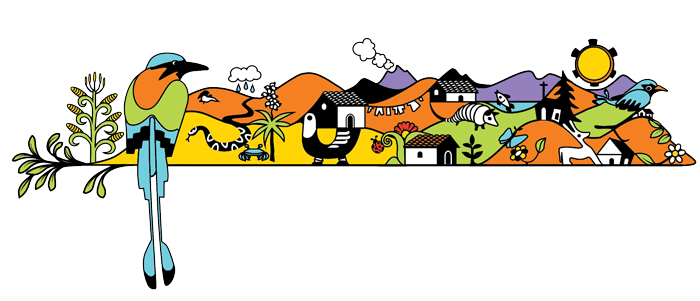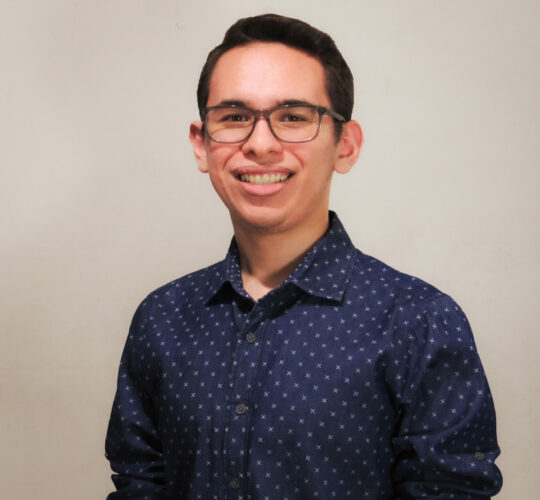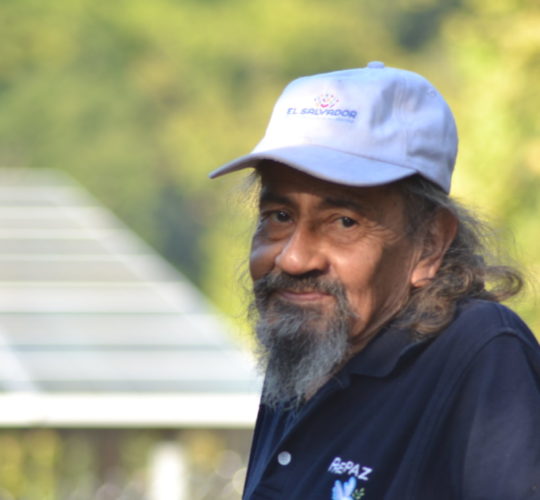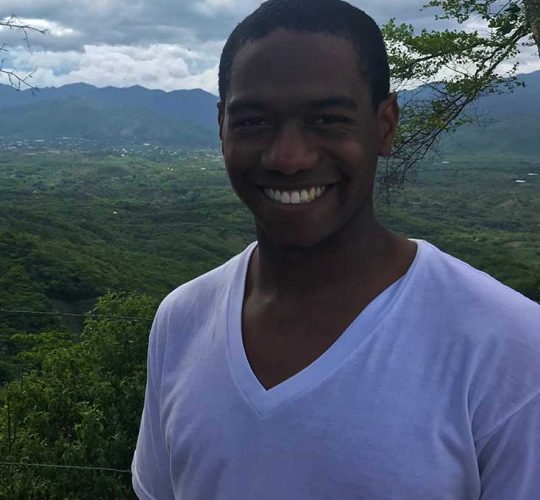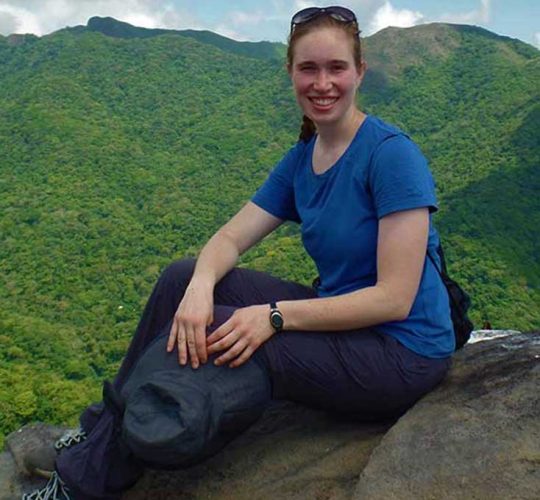Frequently Asked Questions
Who is CoCoDA?
Companion Community Development Alternatives (CoCoDA) is a non-profit organization based in Indianapolis that has done grassroots development work in El Salvador since 1991. In 2016, we expanded our programming into Nicaragua. You can read more about our roots on our History page.
We work with our sister communities and partner organizations in El Salvador and Nicaragua to fund and carry out democratic and sustainable development projects. We explain our mission and goals on our About Us page.
Our past projects include potable water projects, public health campaigns, scholarship programs, building community centers/schools/medical clinics, and setting up computer centers. You can review our projects on our Past Projects and Ongoing Projects pages.
How do I get involved as an individual?
There are a great many ways for an individual to be involved with CoCoDA. At a very minimum, we hope you’ll contact us and add your name to our electronic mailing list. Here are some other ways to be involved…
– Become a monthly donor and support our work. Even $5 a month makes a difference.
– Personally fund raise for a specific project.
– Advocate for the people and countries of Central America.
– Invite a CoCoDA representative to come speak to your group, church, university.
– Participate in our annual Friends of CoCoDA one week tour of Central America.
– Organize a delegation.
What is a delegation?
Delegations are educational trips around a focused theme. While many delegations also work on a project, this is a secondary focus. The goal of these trips is to foster solidarity with the people of Central America by raising awareness about their social, historical, political, and economic reality. Check out our various delegation Themes.
Delegation trips also familiarize our supporters in the United States with the projects they are assisting in Central America. The length, makeup, and specific goals of delegations vary dramatically, but most groups participate in home-stays in our partner communities and contribute to one or more service projects. We think CoCoDA has a Unique Approach to visiting Central America.
What kinds of groups participate in delegations?
We have hosted many groups from churches, universities, high schools, and civic organizations. Most groups are between 10-20 delegates, though we can accommodate smaller or larger delegations.
Here’s an invitation sent out by one of our recent delegations: “If you are interested in social justice, Central America, or service work, a CoCoDA delegation is an exciting, fulfilling, and transformative experience. If you are willing to step outside of your comfort zone, share the joys and burdens of living in rural Central America, and rethink the way you live in the United States, then this might be the trip for you. This trip is for participants who are willing to listen, learn, work, and serve with all their hearts.”
What else do delegations do?
Our delegations to Central America are highly educational and service-oriented. Delegation typically start and end in the nation’s capital, San Salvador or Managua, seeing some national and historic sites, learning about the country’s history, and becoming oriented to its sociopolitical situation today. These activities really help to contextualize the rest of the experience and the projects that CoCoDA funds.
Typical delegations spend the bulk of the time in a rural community living with host families, getting acquainted with the lifestyle of Central American campesinos (farmers), visiting the successful community-based potable water projects that CoCoDA has coordinated, contributing to a work project (for example, building a community center or Internet cafe), and meeting with different community organizations. Check out a Sample Itinerary.
Groups also have free time to shop and explore on their own. We usually include recreational activities in our program, including hikes, soccer games, and film screenings. Groups have the option to spend a day of reflection and relaxation at the beach or at another scenic location at the end of their stay.
Where do delegations stay and eat?
Delegations do almost everything as a group. While in the city, we eat our meals at restaurants that we know and trust. While the group is in the community, we eat all meals together. Our food is prepared by members of the community who have been trained to cook food that is safe for participants to eat. Bottled water is provided to participants at all points during the trip.
In the city, we stay at hostels or hotels that specialize in hosting service groups. These hotels are safe, clean, and simple. Most groups, while in the community, stay with families in their homes. Homestays are a great learning experience and give participants the opportunity to form relationships outside of the group. During community home-stays, two or three participants are matched with a Central American family.
How do delegations travel in Central America?
CoCoDA uses a trusted, licensed transportation service for all of our transportation needs. We will be traveling around the capital and to the community in a microbus.
Do participants need to speak Spanish?
No. Some knowledge of Spanish would help in a homestay, but our coordinators double as interpreters. Even if you don’t know a word in Spanish, you’ll be fine.
How many days is a typical trip?
Delegations typically run from seven to fourteen days, though CoCoDA can arrange a visit for nearly any length of time.
What does it cost to participate?
Costs vary according to activities, length, and accommodations. On average, a 7-day trip costs about $1000 plus the cost of airfare. CoCoDA will work with your group to setup an itinerary that meets your budget needs. Fees include all costs in-country, international health insurance, and administrative costs. For more details about planning a delegation, check out our Logistical Questions and Organize a Delegation pages



